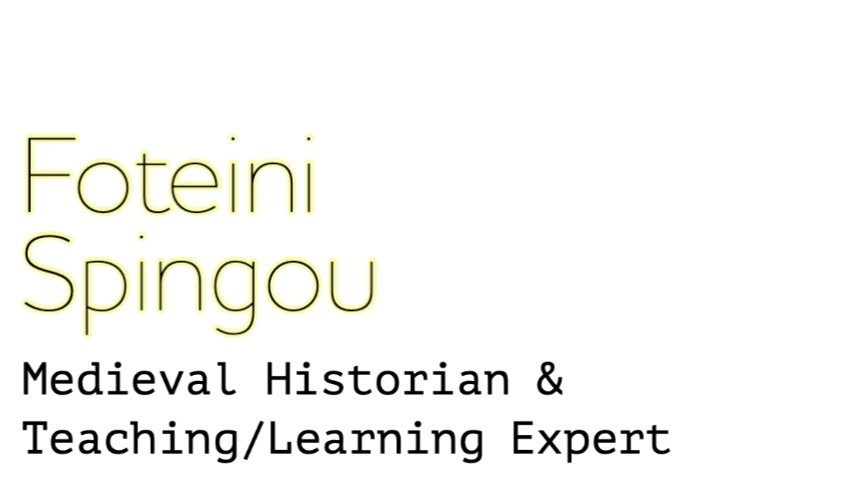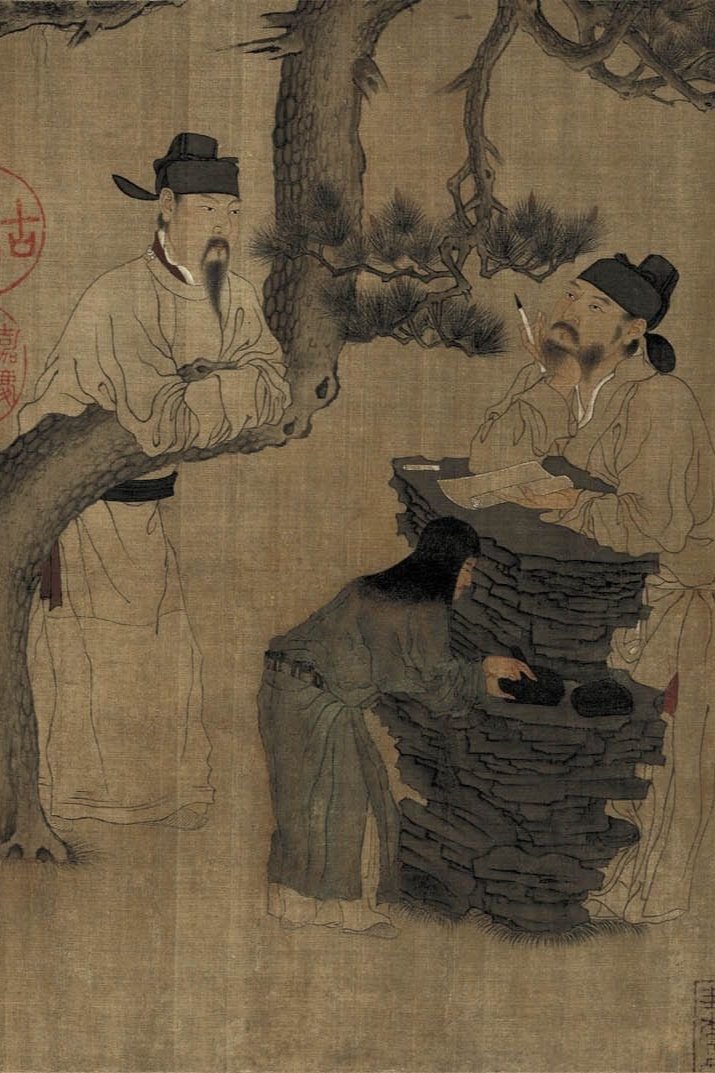Performing Antiquity in Medieval Eurasia: Classics, Community and Power
Edited by Foteini Spingou, Curie Virág and Niels Gaul, with the assistance of Bilal Adıgüzel and Defangyu Kong
This volume of contributions by leading scholars of learned traditions across Eurasia, from the Mediterranean to Japan, deepens and expands current ways of understanding premodern engagements with the ancient past through the phenomenon of classicising learning. Typically examined within region-based scholarly fields and in connection to elites and to ‘high culture’, classicising learning has been traditionally approached through textual practices of reception and imitation that have prioritized the referencing of canonical texts and authors, particularly from the Greco-Roman tradition. This volume takes an expansive approach to classicising learning that encompasses a wide range of classical traditions across Eurasia. It considers classicising learning as a social practice among both men and women, and among those living within and beyond imperial centres, and shows its potent and pervasive force in the cultural, intellectual and political life of many premodern societies, comprising a basic locus of commonality across diverse traditions.


